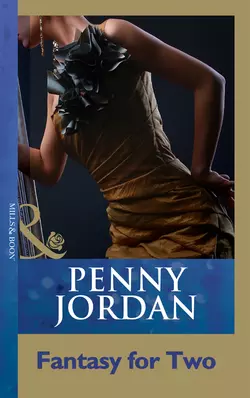Fantasy For Two

Пенни Джордан
Тип: электронная книга
Жанр: Современная зарубежная литература
Язык: на английском языке
Стоимость: 184.75 ₽
Статус: В продаже
Издательство: HarperCollins
Дата публикации: 16.04.2024
Отзывы: Пока нет Добавить отзыв
О книге: Opposites attract!Just what did impulsive Mollie Barnes and powerful landowner Alex Villiers, Earl of St. Otel, have in common? Mollie always championed the underdog, while Alex represented the privileged classes. He declared she was stubborn and willfully determined to believe the worst of him, while she thought he was simply amusing himself with her.So why had she confessed her secret fantasy to him? It soon became clear that they shared the same dream and Alex was perfectly happy to make it come true.